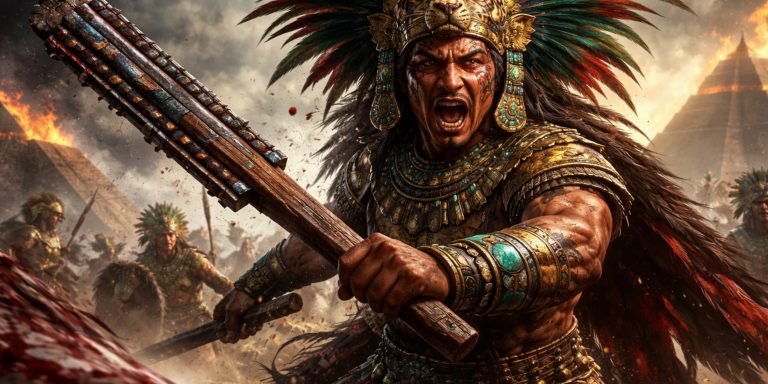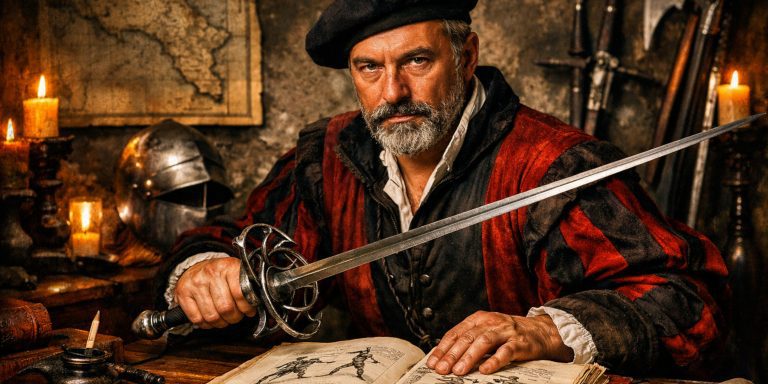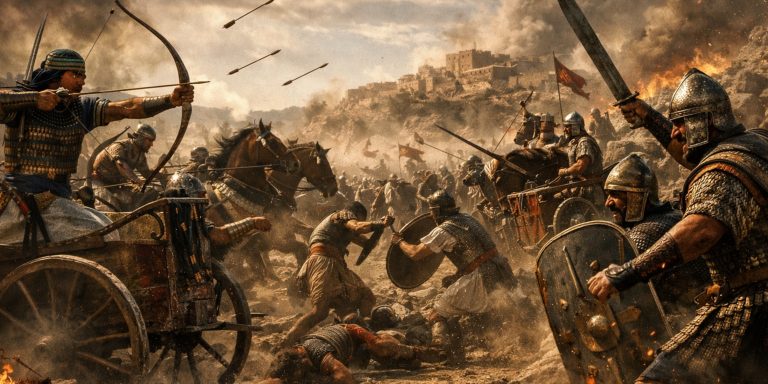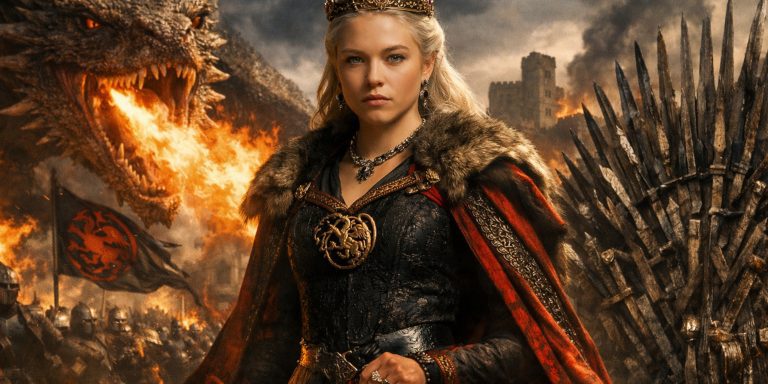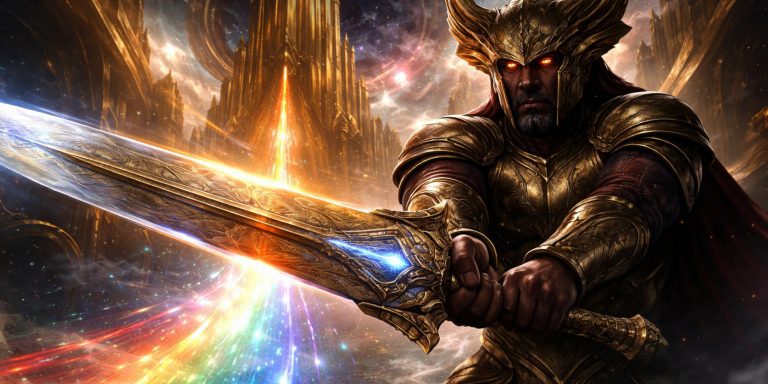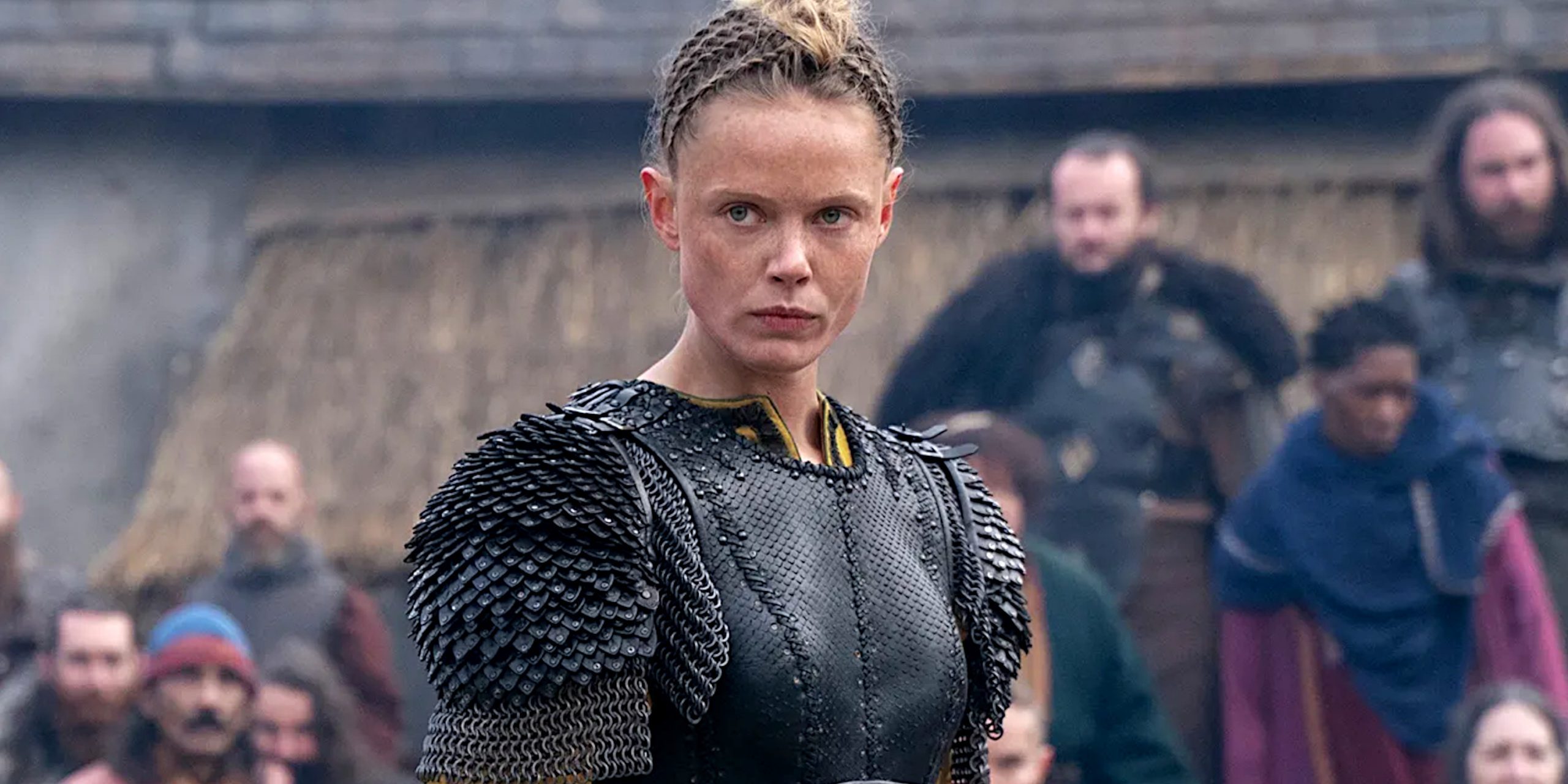
Freydís Eiríksdóttir, as portrayed in Vikings: Valhalla, emerges not just as a fierce warrior but as a staunch defender of Norse tradition during a time of spiritual upheaval. While the Netflix series takes liberties with history, it uses Freydís as a lens through which to explore the cultural and religious tensions that shaped the Viking world in the 11th century.
Pagan Identity in a Christian Age
Freydís enters the story at a pivotal moment. Christianity is advancing rapidly through Scandinavia, reshaping laws, customs, and leadership. Paganism, once dominant, is being pushed to the fringes. Freydís represents a resistance to that shift. Her journey from Greenland to Kattegat becomes symbolic of a broader struggle: to preserve ancestral beliefs in the face of growing Christian authority.
Unlike characters who choose compromise or conversion, Freydís leans into her faith. She bears the scars of Christian persecution and sees the encroaching faith as an existential threat to the old ways. Her pilgrimage to the Uppsala temple is not just religious; it is political and deeply personal. It confirms her role not simply as a believer but as a protector of pagan sanctity.
The Last Priestess of Uppsala
One of the most compelling arcs in Valhalla is Freydís’s spiritual elevation. She becomes a Seeress, a role reserved for those considered to have divine connection with the gods. In doing so, she doesn’t just follow tradition; she becomes part of it. This transition deepens her authority, making her more than a warrior. She is now a symbol of continuity at a time when the Norse world is fracturing.
Her time in Uppsala, especially its burning and desecration by Olaf Haraldsson’s forces, marks a turning point. It shows the cost of religious conflict and the erosion of sacred sites. Freydís’s grief is that of a generation losing its foothold.
Tensions with Leif and Harald
Freydís’s relationship with her brother, Leif Eriksson, and her lover, Harald Sigurdsson, reveals the pressures of divided loyalties. Leif is torn between his own sense of exploration and his growing openness to Christianity. Harald, for his part, is pragmatic. He sees religious identity as political leverage. Freydís, in contrast, views it as a non-negotiable truth.
These tensions provide some of the show’s most grounded moments. Freydís refuses to bend for convenience or survival, even as others adapt. It is a choice that isolates her but also defines her.
Freydís as a Cultural Anchor
While Vikings: Valhalla leans on action and drama, Freydís gives it thematic weight. Her fight is not for conquest but preservation. She is not trying to change the world but to stop it from forgetting what it once was.
Her character challenges the idea that Christianisation was inevitable or uncontested. Through her, the show acknowledges those who did not accept the shift, who saw the gods not as myth but as kin, and whose worldview was not shaped by Rome but by runes, stones, and blood.
Legacy and Reflection
Whether or not Freydís is based on a single historical figure is beside the point. In the series, she stands for countless unnamed individuals who resisted cultural erasure. Her path is not triumphant in the traditional sense, but it is resilient. She survives, endures, and refuses to apologise for who she is.
In a series crowded with kings, crusaders, and empire-builders, Freydís offers something different: a rootedness in memory. Valhalla may explore the future of the Viking world, but through her, it never forgets the cost of leaving the past behind.
Watch the trailer:

